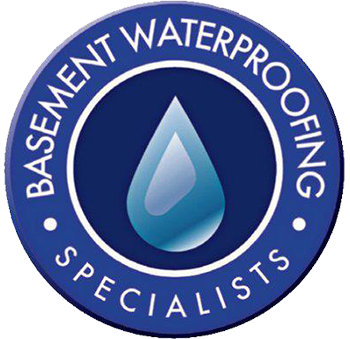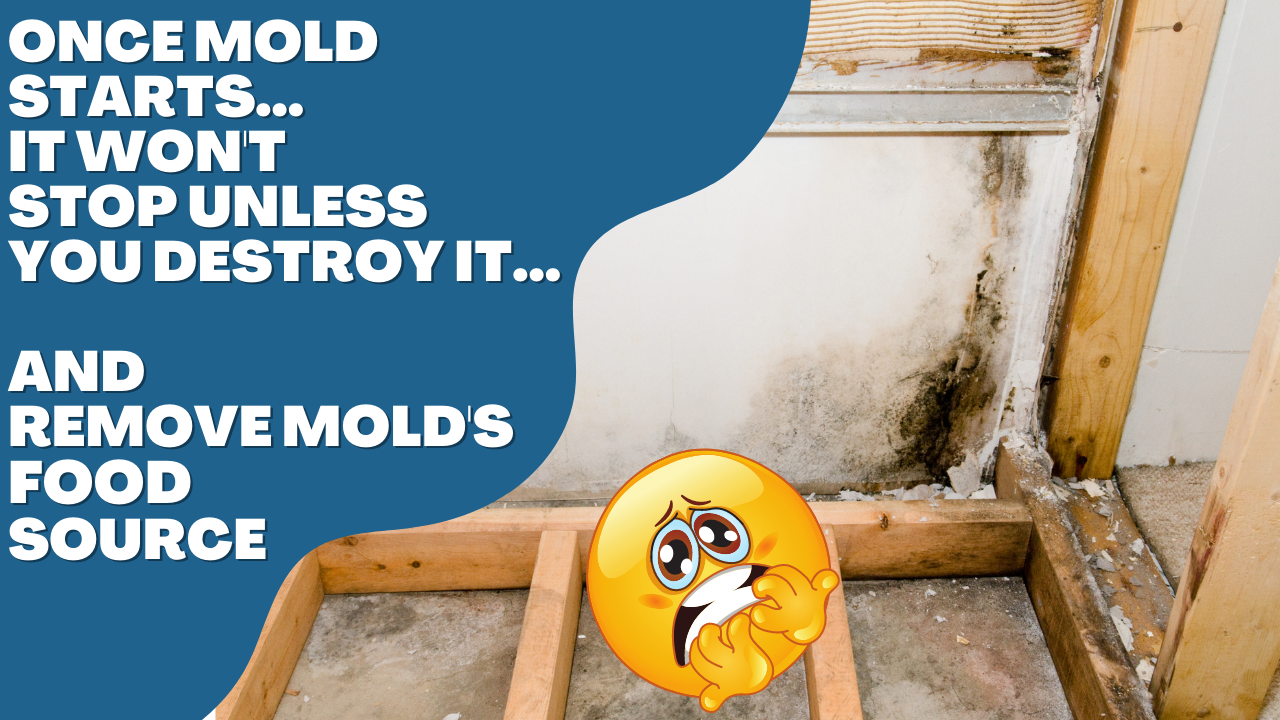Mold in Your Basement Can Destroy Your Family’ (and Your Pet’s) Health
A damp, musty basement is not only unpleasant but can also pose serious health risks. Among the various concerns that come with basement issues, mold growth stands out as a significant threat.
Mold thrives in moist environments and can quickly spread throughout your basement, compromising indoor air quality and jeopardizing your well-being. In this blog, we will explore the potential health dangers associated with mold in the basement and shed light on the importance of addressing this issue promptly.
Understanding Why Mold is So Dangerous
Mold is a type of fungi that reproduces through spores, which are invisible to the naked eye. When these spores land on damp surfaces, they can multiply rapidly, forming colonies and releasing more spores into the air.
Basements provide an ideal environment for mold growth due to their high humidity levels, limited ventilation, and potential water leaks.
Common types of mold found in basements include:
- Black mold (Stachybotrys chartarum)
- Green mold (Aspergillus)
- White mold (Cladosporium)
4 Hidden Health Dangers of Mold in Your Basement or Crawl Space
Exposure to mold can lead to a range of health problems, especially for individuals with respiratory conditions, weakened immune systems, or allergies. These problems are worse for pets, your children, and seniors.
Here are some health risks associated with mold in the basement:
Respiratory Issues: Inhalation of mold spores can trigger or worsen asthma symptoms, causing coughing, wheezing, chest tightness, and shortness of breath. It can also lead to respiratory infections and allergic reactions in some individuals.
Allergies: Mold spores can act as allergens, causing allergic rhinitis (hay fever), itchy or watery eyes, sneezing, and skin rashes. Individuals with existing allergies may experience heightened symptoms when exposed to mold.
Fungal Infections: Some types of mold, particularly black mold, produce mycotoxins that can suppress the immune system and cause infections. These infections can affect the skin, lungs, and other organs, leading to serious complications.
Toxic Effects: Prolonged exposure to certain types of mold, such as black mold, may result in toxic effects. Symptoms can include fatigue, headaches, dizziness, memory loss, and even neurological disorders.
Prevention and Removal of Basement Mold
Preventing mold growth in your basement is crucial for maintaining a healthy living environment. Here are some preventive measures and remediation strategies:
Moisture Control: Address any water leaks, fix plumbing issues, and ensure proper drainage to prevent excessive moisture in the basement.
Ventilation: Install vents or exhaust fans to improve air circulation, reducing humidity levels in the basement.
Dehumidifiers: Utilize dehumidifiers to maintain optimal humidity levels, typically below 50%, in the basement.
Regular Cleaning: Regularly clean and inspect your basement, ensuring that any signs of mold growth are promptly addressed. Use mold-resistant materials when renovating or remodeling the space.
Mold Removal: We can help you get rid of the mold in your basement for good.
How?
Instead of simply spraying mold with ‘mold killing solutions,’ which will only cause mold to regrow in another spot in your basement, often spreading faster than before, we actually find the source of you basement’s mold problem, then we remove it.
And, rather than scrub mold away, sending millions of spores into the air which will resettle (and can even end up in your main house!), we use our “negative containment system” to make sure those spores are destroyed and never have a chance to land and grow.
Don’t let mold ruin your family’s health. Get your fast, Free Estimate… simply fill out the form below:

